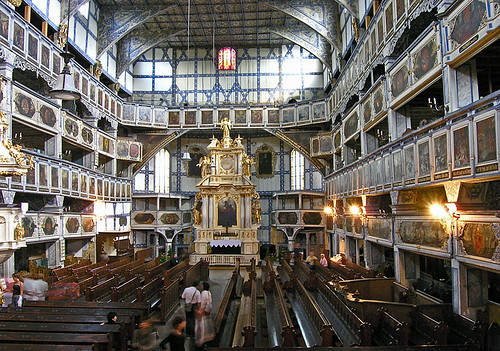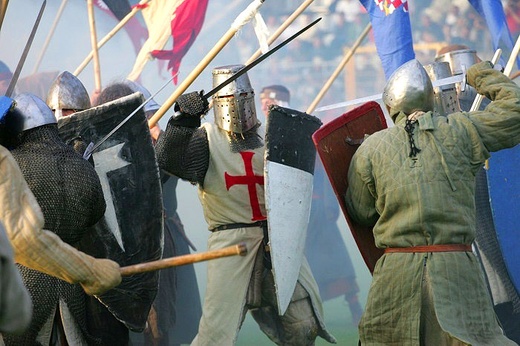have you titled this thread " what Germans have done good to Poland" it would have been different matter.
I don`t think so. Trolls would come anyway and trash the topic with Nazi crimes and other stuff which suits another thread.
ou choose to title it provocative you have people being angry.
It is their problem, not mine. I was taught at psychology class that you should control your anger because it is absolutely your fault if you can`t.
way to go
Yes. Sinatra sang: I did it my way. Regrets, I've had a few
I can say: I did it my way and I regret nothing!
=sascha]e, i am far away from trolling.
Ok, then be good and join the thread with valuable input instead of rants how boring it is etc.
What do you know about German settlers in Poland in early times?
Germans settled rich Polish areas which were vastly devastated by Tartars in 13 century. Settlers rebuilt these lands and developed in German style. They created Little Germany in Poland, had their own laws, even coins. Their presence exerted a great influence on Polish life in all its spheres, so great that it continued into modern times.
German Settlements in Poland
[....] A great number of German peasants, who, during the interregnum following the death of Friedrich II Hohenstaufen, suffered great oppression at the hands of their lords, were induced to settle in Poland under certain very favorable conditions. German immigration into Poland had started spontaneously at an earlier period, about the end of the XI century, and was the result of overpopulation in the central provinces of the Empire. Advantage of the existing tendency had already been taken by the Polish Princes in the XIIth century for the development of cities and crafts. Now the movement became intensified.[....]
Read the whole article here: freepages.history.rootsweb.com/~koby/political/chapter_03/03declinemonarch.html
Fascinating.


